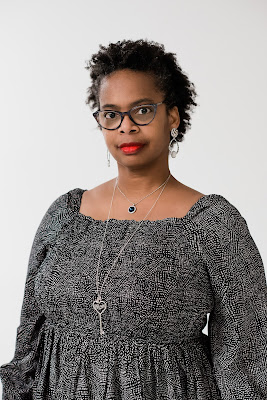ABOUT THE POET
Katerina Canyon was born and raised in Los Angeles, California. She is a 2020 and 2019 Pushcart Prize nominee. She served as the second Sunland-Tujunga California Poet Laureate from 2001 to 2004. Her work has been published in publications such as Meniscus, New York Times, and Huffington Post United States and Germany. She has been a featured poet in multiple venues across the country, including Beyond Baroque, Nuyorican, The Bowery Poetry Club and Chance Operations. She teaches poetry workshops to children and at universities. Her latest book, Surviving Home, was a Heartland Review finalist. She currently lives in Seattle, Washington, where she can often be found writing poetry near Pier 55.
Link to book: https://www.poetickat.com/
ABOUT HER POETRY
“Katerina Canyon’s poems offer intimate accounts of home as the locus of danger—and homeland as a state of oppression. They are at once urgent and mysterious, full of ocean depths and surging currents. Far from nostalgia, home inspires in this poet a vigilance, keeping watch on herself and others. Her very language is charged with the alert intelligence that offers a means of survival, and metaphors that transform pain into poetry.”
~ Devin Johnston, author of Mosses and Lichens
Katerina Canyon’s poems dive into history unafraid to explore the complexity of home and family and acknowledge: the sea is filled with bones. This powerful, engaging collection where we see the billowing skirt of sunset asks again and again: How do get past our pasts? Smart, poignant, compassionate, Canyon’s poems remind us that strength happens despite one’s childhood and one’s country; they exclaim, We can choose whether we are stuck / In darkness or in light.
~ Kelli Russell Agodon, author of Dialogues with Rising Tides
In lush language and startling images, Katerina Canyon unveils a story “in blood and bone” of a speaker who survives domestic cycles of addiction and abuse, terrors “handed down from the plantation” through generations of her kin… Like the Phoenix, the speaker dares to draw near destruction to name our violent histories in order to claim a survivor’s eternal understanding of how to love, how to mother, and how to teach the world that “We cannot be bound. We are free. We are infinite.”
~ Katy Didden, author of The Glacier's Wake
Aunt May
She cries at the stereo as if
it could take her to heaven on the
notes of Z.Z. Hill’s Down Home
Blues, every other record or two.
Uncle L. Joe, that no good
son of a bitch held her heart in a vice.
Then he died, relegating him to the
beloved angel he never was, fleeing into
mangled clouds, on shredded wings, made of
brambles, as if Texas soil were fertile. Hill’s
throat pulls notes — his voice trickling crude into
Aunt May’s Los Angeles living room.
Z.Z. Hill is redemption coated in Texas blood.
L. and Z.Z. are one. Their crooning calls
to her before the song ends, and she restarts.
Their voices harmonize mercurial,
chaotic as oil gushers
spilling into the fields of Canaan. In
The Promised Land, there are no negro
spirituals, no blues
no white man’s hand smiting the black man’s face,
but there is always a burden for the black woman.
She knows this song well, and she plays it again.
Down Home Blues
Down Home Blues
Every other record or two
(c) by Katerina Canyon















